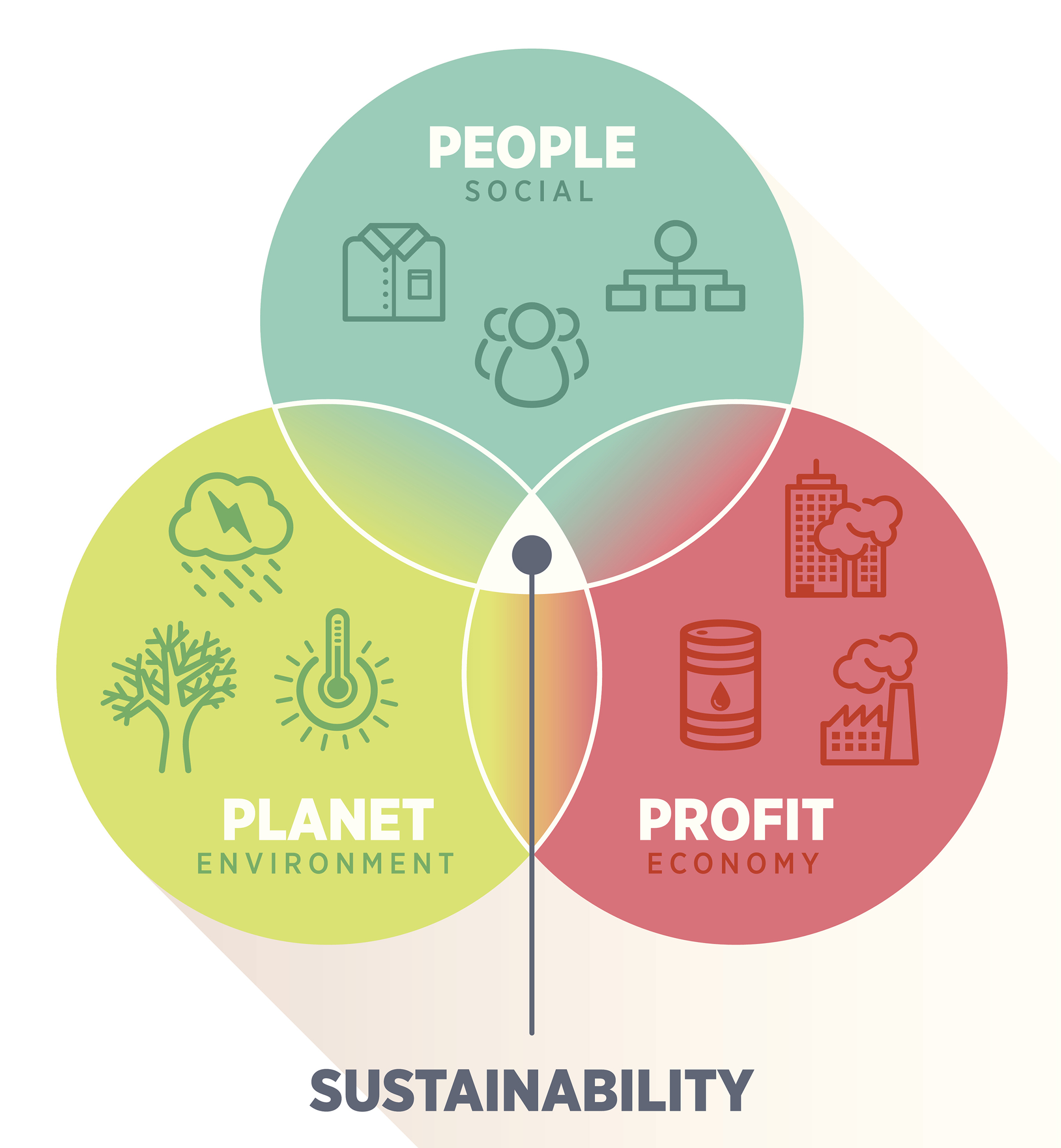
I’ve been writing a lot about purpose-driven banking, a theme that resonates around the idea that business focus should be more than just making money. It should also focus upon doing good for society and the planet. So, I was particularly struck by this quote from Satya Nadella, CEO of Microsoft, in an interview with Fast Company:
“You’ve got to have, at the core of your existence, your sense of purpose and mission.”
Too true. He goes on to say:
“I think the social contract of any corporation or enterprise is to create profitable solutions to overcome the challenges of people and planet.”
Also true.
This is the core of a belief that has been rising for some time: business cannot exist purely for profits and shareholders. It has to exist to improve life.
This was crystallised in the form of the contract signed by almost 200 major companies back in summer 2019. The Business Roundtable rejected shareholder motives and replaced them with stakeholder motives:
“While each of our individual companies serves its own corporate purpose, we share a fundamental commitment to all of our stakeholders. Americans deserve an economy that allows each person to succeed through hard work and creativity and to lead a life of meaning and dignity.”
However, this is all claptrap and corporate PR BS.
By way of example, a few days after this announcement, Amazon laid off a load of workers in Whole Foods. So much for commitment to employees. Even worse is the fact that Amazon, who signed this agreement, are at the centre of this pandemic storm. As one of the few companies who are delivering to self-isolating homes, are they looking after their people?
“The fact that we’re still expected to report to work in a compromised warehouse to ship non-essential products if we still want to earn our living tells me that Amazon and Jeff Bezos clearly value profits above employee safety or health.”
Obviously not. In the midst of all this, you see other approaches like those of Bill Gates and Jack Dorsey.
- Bill Gates says he’ll spend billions on coronavirus vaccine development
- Twitter’s Jack Dorsey pledges $1 billion to charity, including coronavirus relief
This is not a PR thing. It’s a life thing.
Business has to exist for more than money. Some say I am getting too philosophical but it has struck me more and more in the past months and years – before the coronavirus hit – that business cannot be driven by profit alone. It has to be driven by a purpose to make life better.
- Businesses that destroy Planet Earth, should be shut down.
- Businesses that emit greenhouse gas without carbon offset, should be shut down.
- Businesses that place profits over human life, should be shut down.
- Businesses that reduce the health of humans and the planet, should be shut down.
I sometimes feel like a lone voice in the wilderness on much of this, but this voice is getting louder when people like Mark Carney are part of that dialogue. It’s getting louder.
In addition, this pandemic has given us all a chance to reassess our lives and our priorities. We are thinking differently. We realise that money is just a fiction, and that our focus should be on friends and family, not on work and money.
Why did we end up this way? Why were we all so driven by work and our bank balance? Because we could only enjoy a nice lifestyle, keeping up with the Joneses, by having a good job and high salary. We want a nice house, a decent car, a good neighbourhood and a happy life.
Now?
Was all that so important to you?
What’s important is the people around you, the life you live and the love you share. I guess that’s what we’re all learning and, coming out of this crisis, we will see the world differently. We will look for businesses we respect and leaders we believe in. Jeff Bezos may have completely shot himself in the foot during this crisis, but will we still all use Amazon? I’m sure we will.
For all of our good intent, the average consumer uses what serves them well.
Do we care about Amazon’s workers? Do we care if they get COVID19? Do we care about other people, when we want our stuff now?
Post-pandemic, we shall see. The one thing I do truly believe, however, out of all of this, is that businesses that place human life below profit will fail long-term. Am I wrong?
Chris M Skinner
Chris Skinner is best known as an independent commentator on the financial markets through his blog, TheFinanser.com, as author of the bestselling book Digital Bank, and Chair of the European networking forum the Financial Services Club. He has been voted one of the most influential people in banking by The Financial Brand (as well as one of the best blogs), a FinTech Titan (Next Bank), one of the Fintech Leaders you need to follow (City AM, Deluxe and Jax Finance), as well as one of the Top 40 most influential people in financial technology by the Wall Street Journal's Financial News. To learn more click here...

